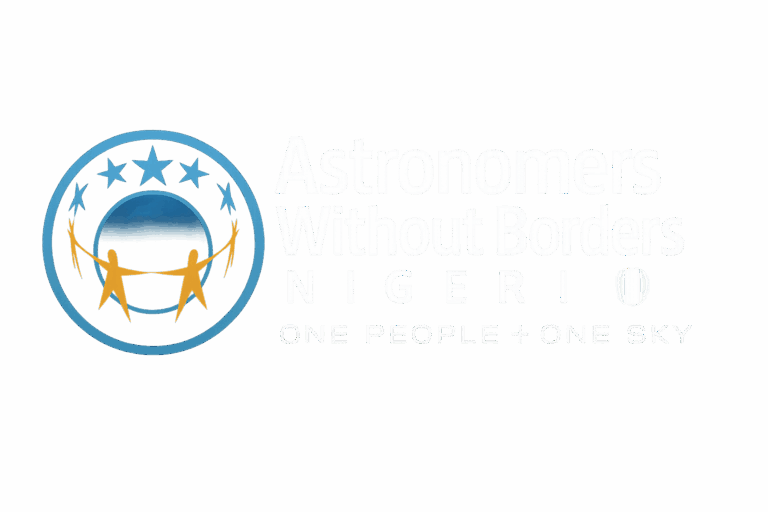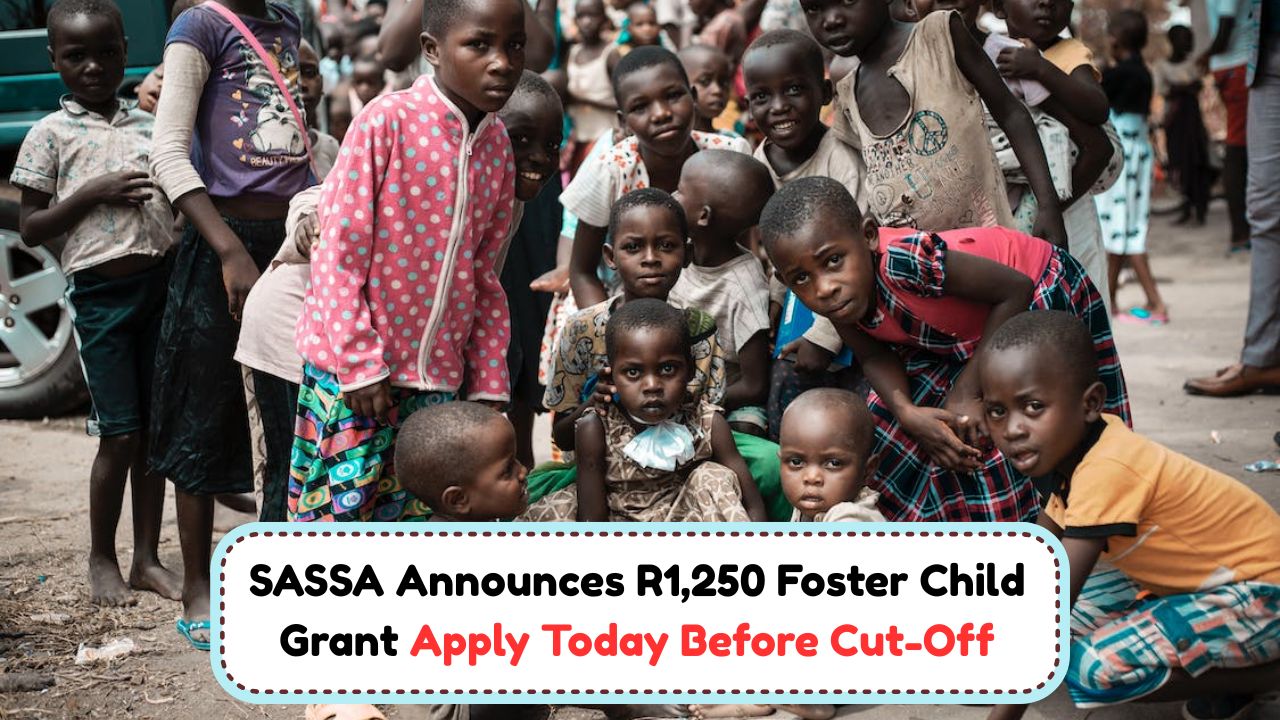South Africa’s R1,250 Foster Child Grant Deadline: The clock is ticking for thousands of South African families as the deadline to apply for the R1,250 Foster Child Grant approaches. This crucial financial aid, aimed at supporting families who care for foster children, requires applicants to act swiftly to ensure they receive the support they desperately need. With the grant application deadline looming, it is essential for caregivers to gather the necessary documentation and submit their applications to the South African Social Security Agency (SASSA) without delay. As the deadline draws near, the urgency to act is heightened, especially for those who rely on this grant to provide basic necessities for their foster children.
Understanding the R1,250 Foster Child Grant in South Africa
The R1,250 Foster Child Grant is a lifeline for many families in South Africa, providing much-needed financial support to those who have taken on the responsibility of fostering children. This grant is designed to assist with the costs of raising a foster child, including expenses related to education, healthcare, and daily living. To be eligible for this grant, applicants must be registered as foster parents through a legal process and must have a valid court order indicating their foster care status. The South African government has emphasized the importance of this grant in improving the welfare of foster children across the nation, and it has become a vital component of the social welfare system. The looming application deadline means that eligible families must act quickly to secure this financial assistance, which can make a significant difference in the lives of foster children.
Key Steps for Applying for the Foster Child Grant
For families looking to apply for the R1,250 Foster Child Grant, there are several important steps to follow to ensure a successful application. Firstly, applicants must gather all necessary documentation, including a certified copy of the foster child’s birth certificate, the foster care court order, and proof of the applicant’s South African citizenship or permanent residency. Additionally, proof of the child’s school enrollment or attendance at an educational institution may be required. Once all documents are assembled, applicants must complete the SASSA application form, which can be obtained from a local SASSA office or downloaded from the official website. It is crucial to submit the application and all supporting documents before the deadline to avoid any delays in receiving the grant. Families are encouraged to double-check their applications for completeness and accuracy, as any missing information could result in a delay or denial of the grant.
Consequences of Missing the Foster Child Grant Deadline
Missing the deadline for the R1,250 Foster Child Grant could have significant consequences for families and foster children alike. Without this financial support, many families may struggle to meet the basic needs of their foster children, such as providing adequate nutrition, clothing, and access to education and healthcare services. The grant serves as a critical component of the support system for foster families, and missing out on this aid could place additional strain on already vulnerable households. Furthermore, delays in receiving the grant could lead to financial instability, impacting the overall well-being of foster children. It is therefore imperative for eligible families to prioritize their applications and ensure that all requirements are met in a timely manner. By doing so, they can secure the necessary resources to provide a stable and nurturing environment for their foster children.
Community Involvement and Support for Foster Families
Community involvement plays a vital role in supporting foster families and ensuring that they can successfully navigate the application process for the R1,250 Foster Child Grant. Local community organizations, social workers, and schools can all provide valuable assistance by offering guidance, resources, and support to foster families. Workshops and information sessions can help educate caregivers about the application process and the importance of meeting the deadline. Additionally, community networks can facilitate the sharing of information and resources among foster families, creating a supportive environment where families can learn from each other’s experiences. By fostering a sense of community and collaboration, the broader society can help ensure that all eligible foster families receive the financial support they need to provide a safe and nurturing home for their foster children. This collective effort is crucial in promoting the well-being and development of foster children across South Africa.

